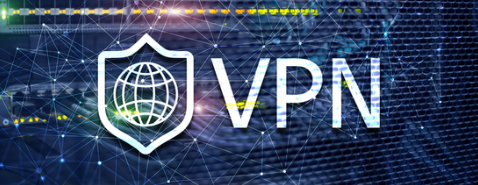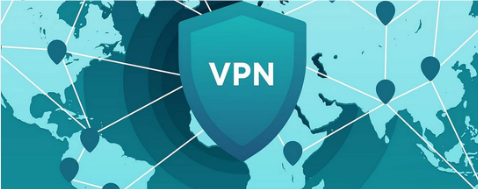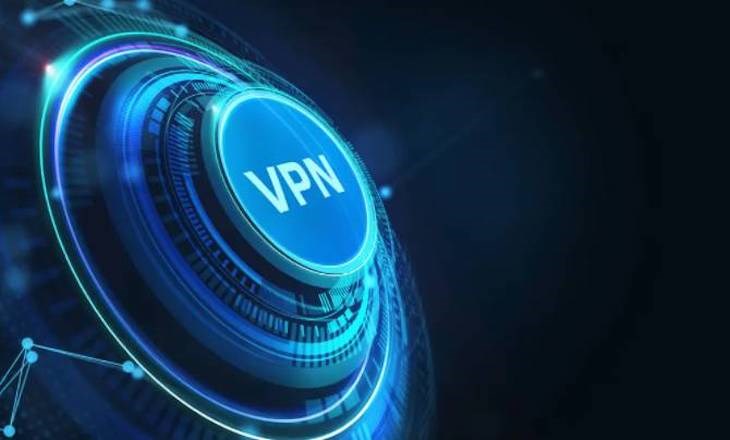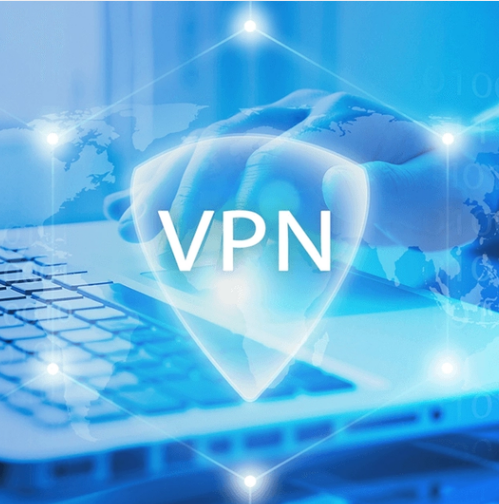Why a VPN Is Essential If You Care About Your Personal Data Security
In today’s digital age, where most of our personal, financial, and professional information is stored online, the question of data security has never been more important. With the rise of cyber threats, hackers, and even data brokers, safeguarding your personal information is a priority for everyone. One of the most effective tools for ensuring the protection of your data is using a VPN (Virtual Private Network). This article explores why a VPN is essential for anyone who values their personal data security.

VPN
What is a VPN?
A VPN is a service that creates a secure, encrypted connection between your device and the internet. When you connect to a VPN, all your online activities are routed through an encrypted tunnel, making it nearly impossible for anyone—whether it’s hackers, governments, or malicious entities—to access your sensitive information. In essence, a VPN serves as a shield that protects your data while you’re browsing, shopping, or even working online.
The Growing Threat to Personal Data
We live in a time where cybercriminals have increasingly sophisticated methods for stealing data. Whether it’s through phishing attacks, malware, or unsecured public Wi-Fi networks, the threats to personal data security are constant and evolving. Every time you log into an online service or share personal details, you are exposed to potential risks.
For example, connecting to public Wi-Fi at coffee shops, airports, or hotels can leave your information vulnerable. Without proper encryption, your online activities can be intercepted, leading to potential identity theft or financial fraud. This is where a VPN becomes crucial. By using a VPN, you encrypt your internet traffic, making it nearly impossible for anyone to eavesdrop on your online behavior, even if you’re connected to an unsecured network.

Why is a VPN Essential for Your Personal Data Security?
1. Protection from Hackers and Cybercriminals
Hackers are always on the lookout for easy targets. When you browse the internet without a VPN, your data is transmitted in an unencrypted format, leaving it open for malicious actors to intercept. Whether you’re checking your bank account, sending an email, or shopping online, cybercriminals can easily exploit this vulnerability to steal your information.
A VPN adds an extra layer of security by encrypting your connection, ensuring that even if hackers intercept your data, they won’t be able to make sense of it. This encryption is particularly important when you’re using public networks, which are often a prime target for cybercriminals.
2. Avoid Tracking and Data Harvesting
Data brokers and advertisers are constantly tracking your online behavior to build detailed profiles about you. They use this data for targeted advertising, selling it to third parties, or even manipulating your purchasing decisions. Without a VPNs, your browsing history, location, and search queries can be easily tracked and sold for profit.
A VPN helps mask your IP address, making it harder for advertisers to track your online movements. By using a VPNs, you regain control over your privacy, ensuring that your personal data is not being harvested for commercial gain.
3. Secure Your Online Transactions
Many people today engage in online shopping, banking, or investing, which involves the transmission of sensitive financial data. Without proper encryption, these transactions are vulnerable to interception. For instance, your credit card details could be exposed to cybercriminals, leading to potential fraud or identity theft.
By using a VPN, you can secure your online transactions with encryption, ensuring that your financial data remains private. This is particularly important when you’re shopping on unfamiliar websites or making large purchases.
4. Access Geo-Restricted Content
In addition to enhancing security, also offers the benefit of allowing you to access geo-restricted content. Whether it’s streaming services, websites, or content that’s only available in certain countries, can help you bypass restrictions by changing your virtual location.
By connecting to a VPNs server in a different country, you can make it appear as though you’re browsing from that location. This feature is particularly useful for accessing region-specific content on platforms like Netflix, Hulu, or BBC iPlayer.
5. Enhanced Privacy While Browsing
Your online privacy is compromised every time you visit a website. Websites can track your IP address, monitor your activity, and even store cookies that can later be used to profile you. Many websites also share your data with advertisers, creating a detailed picture of your habits and preferences.
Not only protects your identity but also ensures that your browsing activities remain private. By masking your IP address, makes it difficult for websites to track your movements and create a profile based on your online activities.
6. Protection While Using Public Wi-Fi
Public Wi-Fi networks are notoriously insecure. Hackers can easily set up fake networks, tricking unsuspecting users into connecting to them. Once connected, cybercriminals can monitor your internet activity, steal sensitive information, or even install malware on your device.
Using a VPN while connected to public Wi-Fi encrypts your connection, preventing hackers from gaining access to your data. Whether you’re checking your email or logging into your bank account, a keeps your information safe from prying eyes.

How Does a VPN Work?
(Virtual Private Network) works by creating a secure connection between your device and the internet, ensuring that your data remains private and safe from external threats. Here’s how it protects your personal data security:
1. Encryption: Keeping Your Data Safe
When you connect to a VPNs, all your internet traffic is encrypted before it leaves your device. Encryption means that your data is converted into unreadable code, making it impossible for hackers, ISPs, or other third parties to access your personal information. This process ensures that sensitive data, like login credentials, banking details, and personal messages, remains private while it is transmitted over the internet.
2. IP Address Masking: Protecting Your Identity
A VPN also masks your IP address, which is a unique identifier tied to your device and location. By replacing your real IP address with the IP address of the server, it makes it appear as if you’re browsing from a different location. This not only hides your identity but also prevents websites and advertisers from tracking your online activities. This feature also allows you to access geo-restricted content, as the VPN can make it look like you’re browsing from another country.
3. Secure Tunnels: Protecting Your Online Traffic
A creates a secure, encrypted tunnel for all your online activities. This tunnel ensures that your data travels safely from your device to the server without being intercepted or altered. Whether you’re browsing the web, sending emails, or making online transactions, the secure tunnel prevents cybercriminals from spying on or tampering with your data, especially when you’re using unsecured networks like public Wi-Fi.
With encryption, IP address masking, and secure tunnels, a significantly enhances your personal data security. It keeps your sensitive information protected from hackers and other threats while ensuring your online identity remains private.
Conclusion: Why You Can’t Afford to Ignore Your Personal Data Security
In an age where personal data is constantly under threat, using a VPN is no longer a luxury—it’s a necessity. By encrypting your internet traffic and masking your identity, a VPNs offers unparalleled protection against hackers, cybercriminals, and even invasive advertisers. Whether you’re browsing the web, shopping online, or accessing sensitive accounts, a VPN is essential for ensuring your personal data security.
Don’t leave your data exposed. Protect yourself today by using a reliable VPNs that prioritizes your privacy and keeps your sensitive information safe from harm. By incorporating a VPNs into your daily online routine, you can browse the internet with peace of mind, knowing that your personal data is safe and secure.

